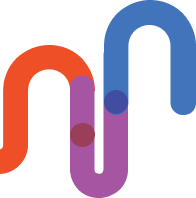

In recent years, Germany has taken significant steps to promote media literacy among its citizens, recognising that knowledge of digital tools and responsible media usage is essential for full participation in modern society. https://www.bmfsfj.de/bmfsfj/themen/kinder-und-jugend/medienkompetenz/medienkompetenz-staerken-75350

Various federal states organise media literacy campaigns that aim to educate the public on how to effectively use digital media. https://www.bundesgesundheitsministerium.de/fileadmin/Dateien/5_Publikationen/Praevention/Berichte/Abschlussbericht_BLIKK_Medien.pdf
These campaigns offer a range of learning opportunities, from basic digital skills to more advanced topics such as data privacy and cyber safety. Media literacy campaigns are important because they help close the digital divide, particularly for older citizens and those from socio-economically disadvantaged backgrounds who may lack access to the resources and knowledge needed to navigate the digital world.
Such campaigns highlight that inclusiveness in digital media is not just about access to technology; it’s also about ensuring that everyone has the skills and knowledge to use these tools effectively. By promoting media literacy, Germany is working toward a more inclusive, digitally literate society. https://publikationen.ub.uni-frankfurt.de/opus4/frontdoor/deliver/index/docId/62773/file/Sammelband_Digitale_Barrierefreiheit.pdf